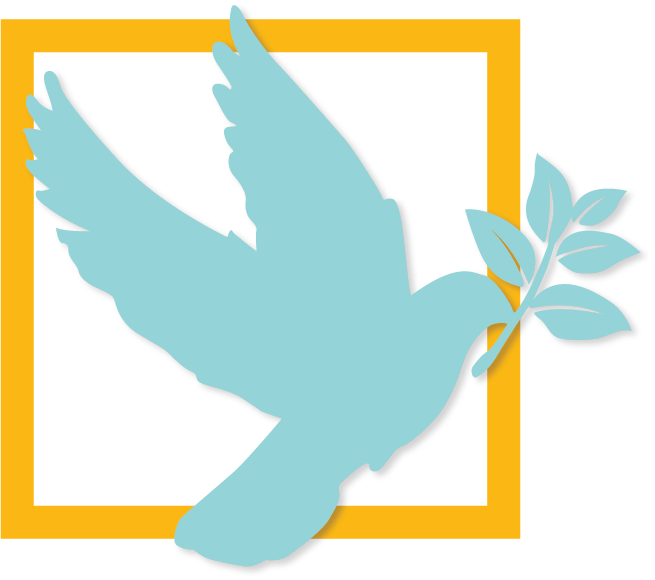"How can the military conscription law be used to recruit women?”
"How can the military conscription law be used to recruit women?”
In urban areas as well as villages controlled by the junta preparations are being made to start conscripting women into military service.
Under the illegal conscription law, it is stated that anyone between the age of 18-27 or up to 35 for professionals, including women can be called up for military service.
Since April the junta has been working in various ways to recruit 5000 personnel per month through conscription but they have been facing many difficulties in meeting this number.
Therefore, the junta, which earlier said that women would only be recruited starting from the 5th batch is currently preparing to start the recruitment.
Depending on the needs of the junta and the training academies, the number of female military personnel recruited can be between 500 and 1000 each month.
As such we are making this information known for all young women to take necessary preventative measures.
(1) What kind of people are at risk of being selected and recruited?
- Those with secondary, high-school, or other educational qualifications such as nurses, doctors, IT technicians could potentially be drafted.
- If it becomes difficult to reach the targeted numbers, young women from rural areas as well as wives and children of non-officer-class soldiers may also be drated.
(2) Which training centres will be used for training the drafted recruits?
- These trainings would probably be conducted at Women Military Training Schools such as the No. (4) Officer Training School (Ba Ka Tha 4), Cadet Training School (Ba Ka Tha, Mhawbi), and the Military Medical School (Ta Sa Ka) based in Mhawbi.
- In addition, trainings can be conducted at some high-level training schools in the regional military headquarters within mainland Myanmar.
(3) What will be trained and taught?
- Basic military knowledge, use of small arms, office administrative work, military-civil laws, and modern military technology could be in the curriculum.
(4) Where could these new recruits be assigned to?
- They may be used in place of troops that are fighting in the front-line to do some supporting duties.
- In addition to being posted as an administrative or support staff they can also be sent to various infantry units.
- Office work, communications department, rear guard duties and other responsibilities may also be assigned to the new recruits.
- It can also be used in raise morale of the junta’s existing troops and for propaganda purposes.
- Similarly, new recruits can also be assigned to the special forces or technical assistance units such as drones units.
- If necessary the junta may even deploy the new recruits in the front-line.
(5) What are some of the things one might expect to experience in the army?
- New recruits will face surveillance and censorship in terms of phone and internet usage in the military training schools.
- They may also face sexual harassment and discrimination based on gender as well as other rights violations by senior officers in the army.
(6) What other preparations should be made?
- Remember the contact phone numbers of trusted family members, friends and acquaintances.
- Prepare important documents for emergency departure if necessary. Study ways to leave in advance and how to connect with resistance forces.
- Remember the advices provided by CDM soldiers and other support groups and resistance organizations such as People’s Goals.
(7) Any other things to note?
- One should make contacts and connect with people from the resistance if you have any close friends in it.
- Connect and cooperate as a member of the revolution (water melon*) from within the army.
- Study and memorize military security information that may be helpful to the revolution.
- From the time of enlistment at a military academy or a military department, it is best to contact the resistance forces in advance in order to defect in times of war.
*Water melon = A term used to designate officers and soldiers in the junta who act as saboteurs and spies on behalf of the revolution.
People's soldiers

